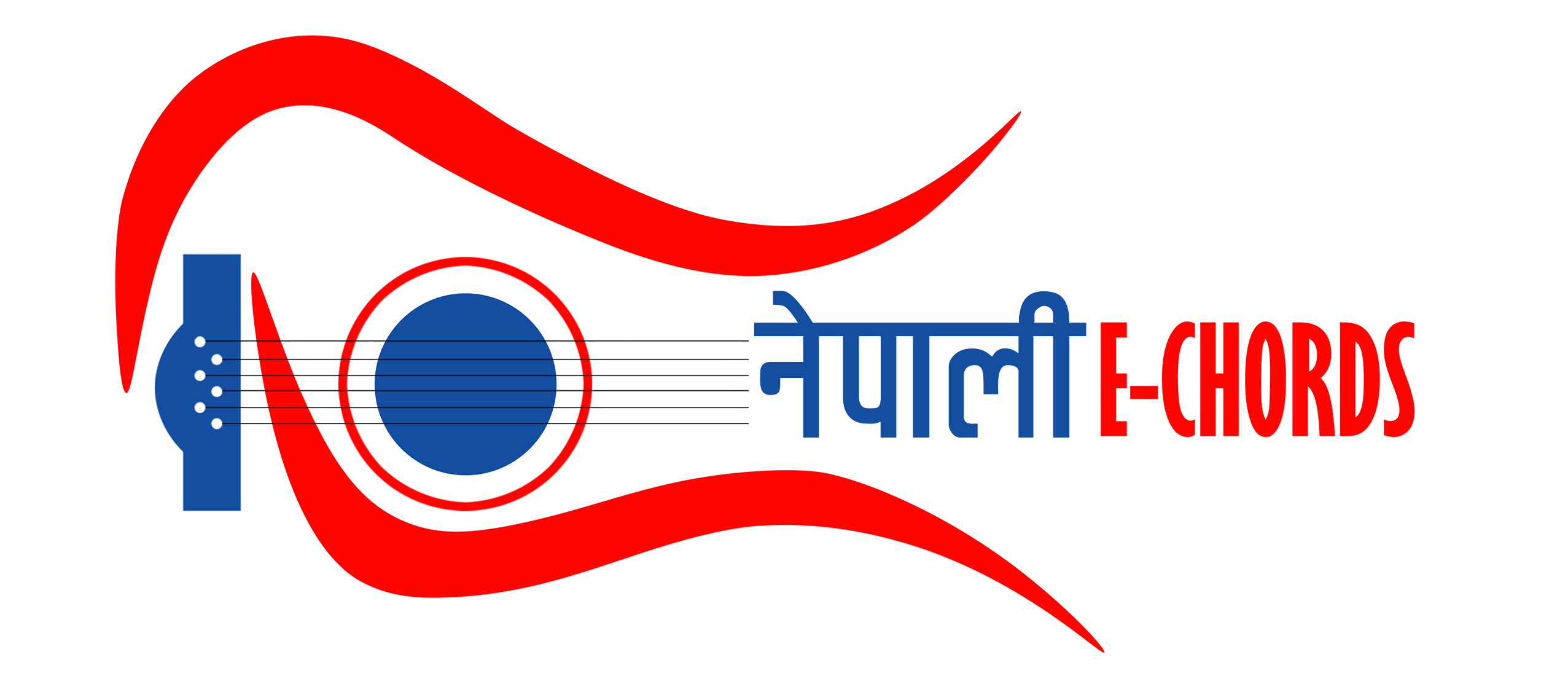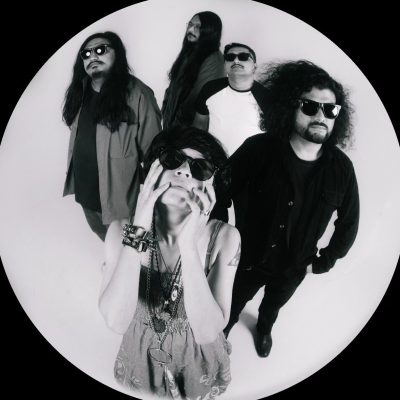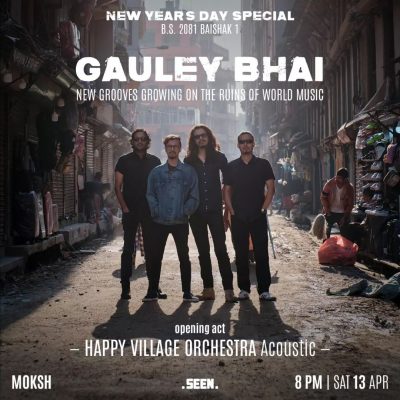This review of Lana Del Rey‘s new album, Did You Know That There’s a Tunnel Under Ocean Blvd, is somewhat laggard, coming as it does two months after its release. It’s probably better to have waited, though, for two reasons. One is that when a musician is as famous and newsmaking as Del Rey is—in common parlance, a brand—it’s hard to hear the actual music until the hype passes and the headlines change. Two months have been sufficient: Did You Know That There’s a Tunnel Under Ocean Blvd is already in eclipse—not by Del Rey herself but by her father, whose debut album, Lost at Sea, is due out in barely a week.
The other, more significant reason to have held off writing about Did You Know That There’s a Tunnel Under Ocean Blvd (a very long title befitting a very long album) is that it takes a while for its music to sink in—or, to put it in terms better suited to its theme, which Del Rey borrows from Leonard Cohen: “There’s a crack in everything / That’s how the light gets in.” Think of the tunnel under Ocean Boulevard as Lana Del Rey herself: “handmade beauty sealed up by two man-made walls,” as she sings in the title song (no doubt she means “man-made” in a pointedly gendered sense). Listen for when she calls attention to the exact timestamp in Harry Nilsson‘s “Don’t Forget Me” (2:05) when his voice cracks.
Light isn’t exactly what gets in through this crack. It just makes Del Rey “wish I had a friend like him”, but the way she interpolates Nilsson’s song into her own—as she also does “Hotel California” on an adjacent verse—is canny. She uses his title, “Don’t Forget Me”, as a pre-chorus refrain, and we end up hearing the line repeatedly until Nilsson’s original has all but disappeared. Del Rey, whose career-making debut single “Video Games” made central use of Belinda Carlisle’s “Heaven Is a Place on Earth”, has all but mastered his kind of full-fisted borrowing. She’s a true music person, steeped in its history and emotionally bound up in it, from the ancestral folkies of her dad’s era right up to the present moment.
As for her actual music, it also expresses Del Rey’s brand virtually regardless of her collaborators from album to album: big, long, slow, woozy, densely orchestrated, and arranged songs that recall an earlier (but imaginary) musical era. Some bear a more singular stamp than others, and her career-making “Video Games” is undoubtedly a classic. Mostly, though, any given song of hers is at least partly to sustain “vibes”, as a friend of mine summed up the Del Rey sound.





